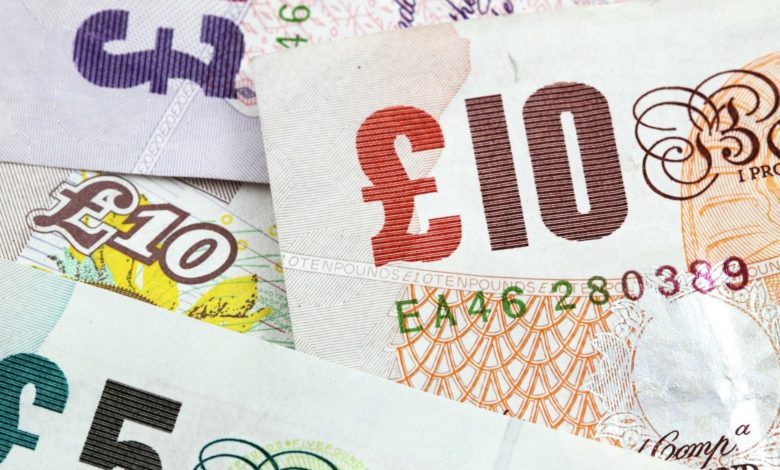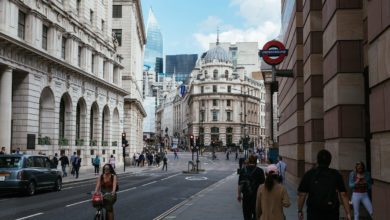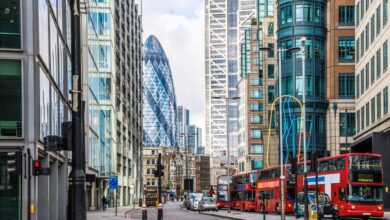UK Inflation falls to 3.1% despite rising fuel costs
Average petrol prices stood at 134.9 pence per litre in September 2021, compared with 113.3 pence per litre a year earlier

UK inflation fell slightly in September to 3.1% despite rising fuel costs, according to the latest figures from the Office of National Statistics (ONS).
The figure is down from 3.2% in August but still remains much higher than the Bank of England’s target of 2%.
The largest upward contribution to the September 2021 inflation rate came from transport (0.91 percentage points) with further large upward contributions from housing and household services (0.69 percentage points), restaurants and hotels (0.34 percentage points), and recreation and culture (0.31 percentage points).
Within transport, the ONS said movements have mainly been caused by changes in the price of motor fuels. Motor fuels made a downward contribution to the 12-month rate between March 2020 and February 2021, before the contribution turned positive in March 2021 and subsequently increased to 0.41 percentage points in June 2021. Since July it has eased, with a contribution of 0.37 percentage points in September.
Average petrol prices stood at 134.9 pence per litre in September 2021, compared with 113.3 pence per litre a year earlier. The September 2021 price is the highest recorded since September 2013.
In addition, food and non-alcoholic beverages also made a large contribution to the change in the CPIH annual rate, increasing it by 0.04 percentage points to September 2021. Prices fell in the month to September 2021 by 0.2%; however, there was a greater fall in the same month last year (0.7%), which has led to an upward contribution to the change in the 12-month inflation rate this year.
Ian Warwick, managing partner at Deepbridge Capital, said: “While inflation in the short term appears to have slowed, the year-on-year data shows that the UK CPI has maintained a significant milestone in high inflation and it won’t be long before it rises again.
“With rhetoric of potential interest rate hikes also increasing over the last month it raises the question of exactly how long the Bank can hold rates at current levels before it is forced to step in.”
He added: “Many early-stage businesses will be thriving in the recently reopened economy, but they will continue to watch interest rates very closely as this will directly impact how much they are able to borrow at a crucial time.
“It remains critically important that scale-up businesses, particularly in high-growth sectors such as digital technologies and life sciences are supported as they will be at the very heart of economic growth as we create an economy fit for the 21st Century.”








